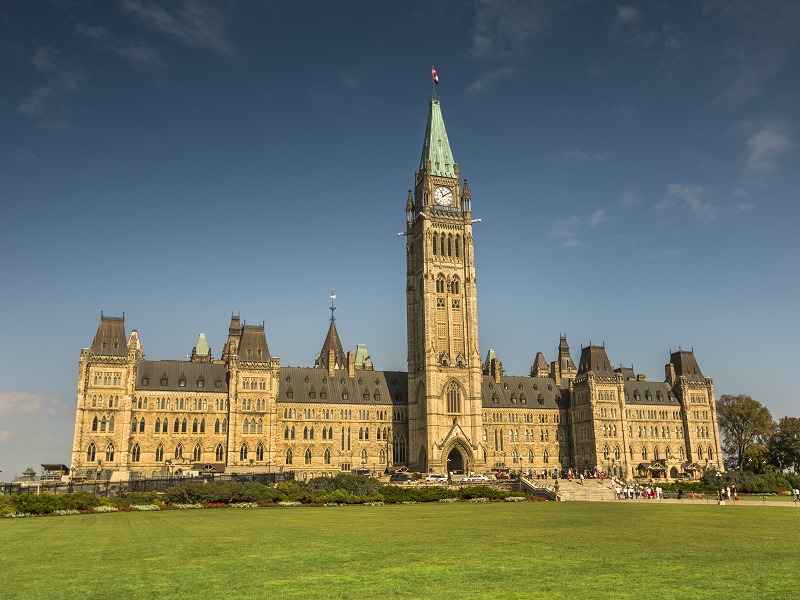
The federal government is extending its relief to registered pension plans and deferred salary leave plans by one year to help employers manage and maintain benefits for their employees through the coronavirus pandemic.
The draft regulations, initially released on July 2, 2020, are aimed at ensure pension plan sponsors and their beneficiaries have the flexibility they need to administer their plans and support employees through pandemic-related disruptions. They also ensure employees who participate in DSLPs who postponed their leave of absence because of the pandemic don’t face adverse tax consequences for staying on the job during the pandemic.
Read: Pension regulators step up amid turmoil
The proposed extended temporary amendments to the registration rules include:
- Removing restrictions that prohibit registered pension plan administrators from borrowing money;
- Permitting catch-up contributions to registered pension plans by April 30, 2022, toward remaining required contributions that otherwise hadn’t been made in 2020 or 2021;
- Waiving the requirement that an employee has at least 36 months of employment to qualify for an eligible period of reduced pay so that all employees, including new employees, receive unreduced pension coverage;
- In cases of wage rollback periods, allowing employers to provide pension contributions at 100 per cent of wages prior to rollback; and
- Adding temporary “stop-the-clock” rules to DSLPs from March 15, 2020 until April 30, 2022.
Read: An overview of Canadian DB pension relief measures during coronavirus
“For Canadians and Canadian businesses, it is essential we provide ongoing support to protect workers and their pensions as we finish the fight against COVID-19,” said Chrystia Freeland, deputy prime minister and minister of finance, in a press release. “Every Canadian has the right to a secure retirement. And, it is important that employers be equipped to honour their financial commitments to Canadians. By supporting workers and businesses, we can limit economic scarring and ensure a robust recovery.”
